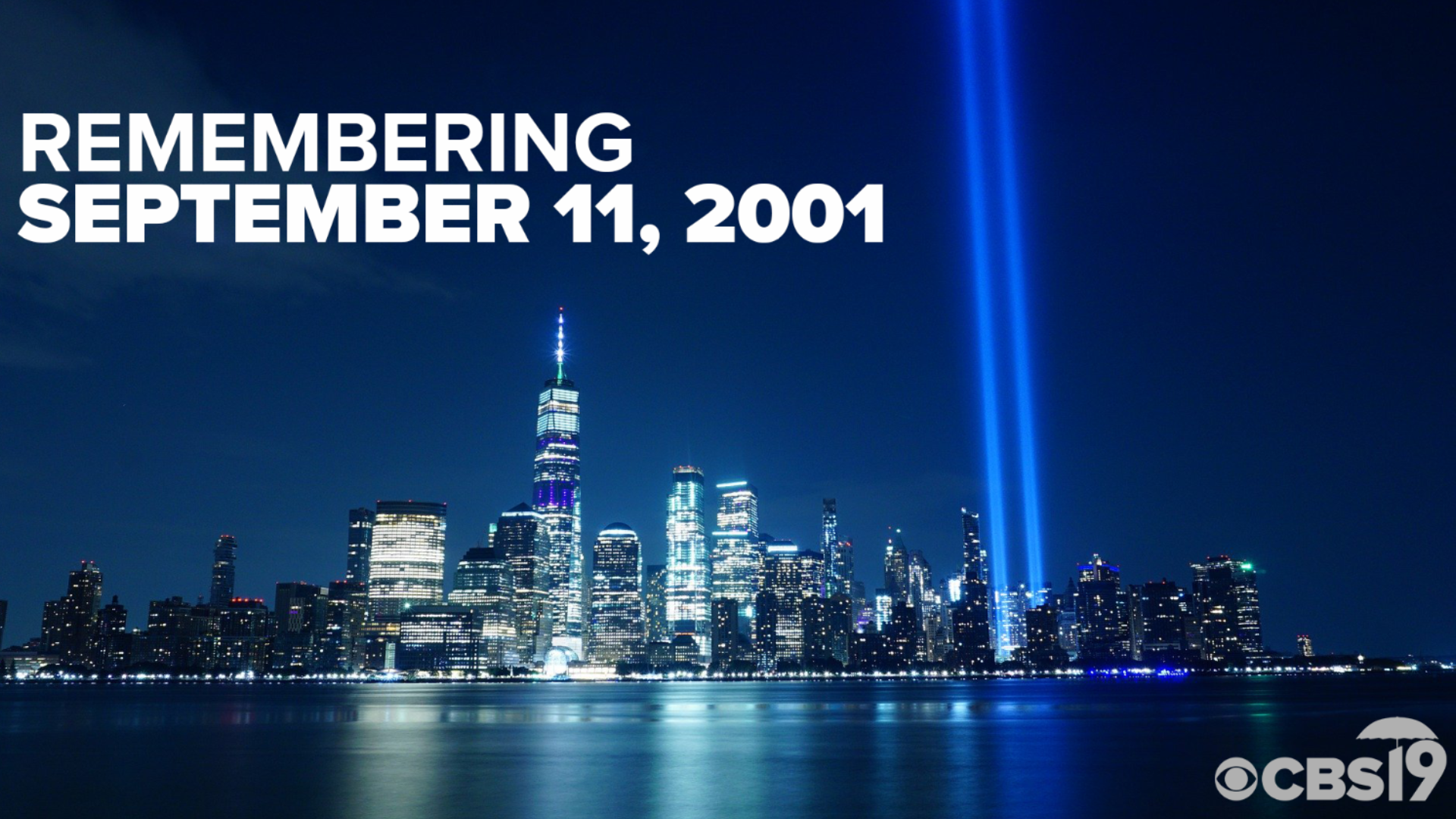
Travelers like ourselves have been significantly impacted by strict regulations at every port of entry, including more comprehensive scrutiny of checked baggage and carry-on bags. Travelers’ comments could be construed as potential indications of intent to commit a terrorist attack.
Visa restrictions made travel to certain countries time-consuming and cumbersome. Visa extensions have been challenging to obtain.
The 9/11 attacks fundamentally transformed the experience of traveling, especially air travel, in the United States and around the world. The changes were immediate and far-reaching, from tightening security measures to the psychological effects on travelers. Here’s a closer look at how 9/11 impacted travelers:
1. Tightened Airport Security
- Creation of the TSA (Transportation Security Administration): Before 9/11, airport security was relatively relaxed. After the attacks, the TSA was established to oversee airport security, implementing stricter procedures that dramatically changed the airport experience. Travelers now had to pass through metal detectors, remove shoes, jackets, belts, and laptops, and subject their belongings to more rigorous scanning.
- Liquid Restrictions: In 2006, further restrictions were added after a foiled plot involving liquid explosives. Travelers were limited to carrying liquids in containers of 3.4 ounces or less, all of which had to fit into a quart-sized bag. This became a routine part of air travel packing.
- More Thorough Screening Processes: Random additional screenings, full-body scanners, and pat-downs became commonplace. Many travelers found the process more invasive, and some felt anxiety about the potential for racial profiling or being singled out for additional checks.
- Changes in Identification Requirements: Travelers must present government-issued identification to board flights. This increased security surrounding personal information led to longer lines at security checkpoints.
2. Flight Experience and Changes in Airplane Policies
- Restricted Cabin Access: One of the most notable in-flight changes was the introduction of locked cockpit doors. Before 9/11, it wasn’t uncommon for passengers to see the cockpit or for pilots to leave the door open during a flight. After the attacks, airlines reinforced doors to prevent access to the cockpit, ensuring only authorized personnel could enter.
- In-Flight Protocol: Flight attendants and crew members became more vigilant in identifying potential threats. Passengers were also encouraged to report any suspicious behavior. The sense of camaraderie among passengers shifted, as many felt a new level of responsibility in ensuring the safety of their fellow travelers.
3. Psychological Impact on Travelers
- Fear of Flying: In the months and years following the attacks, many people developed a fear of flying. Anxiety about potential hijackings or terrorist attacks made air travel more stressful. Some people opted for alternative means of travel, such as driving or taking trains, while others avoided travel altogether.
- Heightened Awareness: Even frequent travelers became more hyper-aware of their surroundings at airports and on planes. The once-carefree attitude of going through an airport was replaced with a constant sense of vigilance. Over time, this created a new kind of travel culture where security was always on our minds.
- Impact on Muslim and Middle Eastern Travelers: Unfortunately, Muslim travelers, as well as individuals perceived to be of Middle Eastern descent, faced an increase in racial profiling and discrimination at airports. Many were subjected to additional screenings and questioned more often, which added stress and frustration to the travel experience. Some even reported avoiding air travel due to the fear of being singled out.
4. Changes in International Travel
- Stricter Visa Requirements: The U.S. government imposed more stringent visa requirements for people traveling to the United States, especially from certain countries. Many countries followed suit, tightening their own immigration and entry policies. The introduction of biometric passports, increased background checks, and the requirement for more detailed travel histories became standard.
- Heightened Border Security: Security measures at international borders were also reinforced. Passing through customs and immigration became lengthier, with more in-depth questioning and screenings for travelers entering or leaving the U.S.
5. Economic Impact on the Travel Industry
- Airline Industry Losses: In the aftermath of 9/11, airlines suffered massive financial losses. Thousands of flights were grounded, and the entire airspace was closed for several days. The reduced demand for air travel led to layoffs in the airline industry and contributed to the bankruptcy of several major airlines over the years. Many smaller travel agencies also struggled to recover from the downturn.
- Rise in Airfares and Travel Costs: As security and insurance costs increased, airlines began raising ticket prices to cover the added expenses. Fees for checked baggage, in-flight meals, and other services became more common, making travel more expensive.
- Decrease in Leisure Travel: Many travelers, especially those for leisure, hesitated to fly in the months following the attacks. Fear of future incidents and the hassle of going through enhanced security discouraged some from traveling unless necessary. The travel industry had to work hard to regain public confidence.
6. Adaptation and Resilience
- Return to Travel: Over time, people began to adjust to the “new normal” of air travel. Though the changes were significant, most travelers gradually accepted the heightened security as a necessary part of flying. By the mid-2000s, travel volumes primarily recovered, although the experience had permanently shifted.
- Focus on Preparedness: For some travelers, the changes brought a heightened sense of preparedness. Many became more aware of emergency procedures, paid more attention during safety briefings, and learned to navigate airport security efficiently. Some even carried emergency supplies or developed mental strategies to cope with anxiety.
While the overall experience of traveling, especially by air, became more stressful and time-consuming, 9/11 also introduced a new sense of unity and responsibility among travelers. The shared experience of heightened security brought people closer, and many found ways to navigate the challenges with resilience and understanding.
We continue to pray for our country’s and its citizens’ safety in challenging times.
Be well.
Photo from ten years ago today, September 11, 2014:





